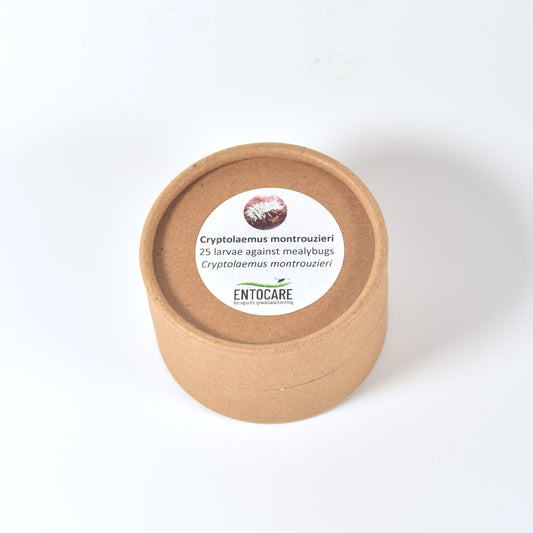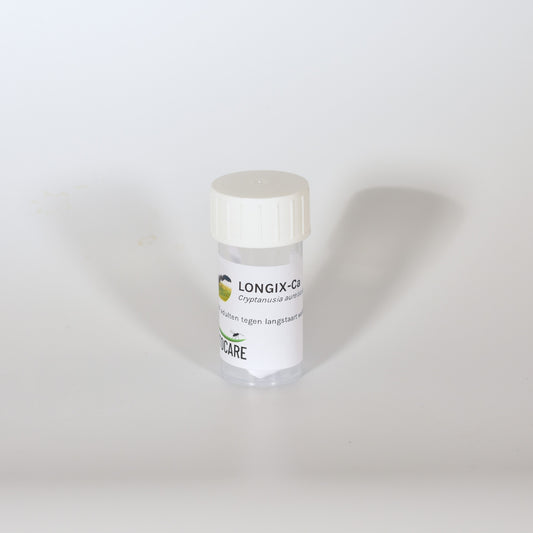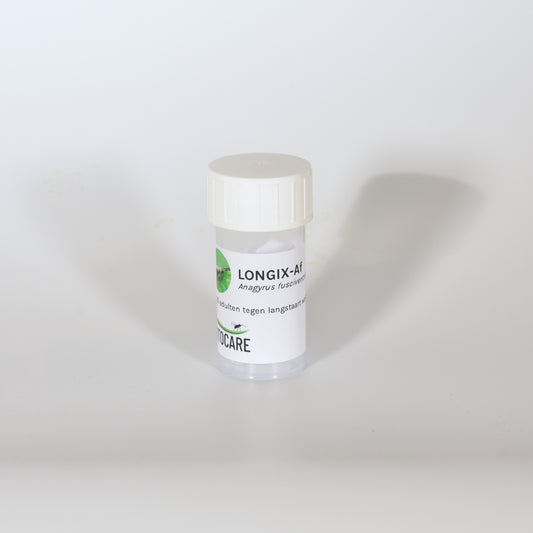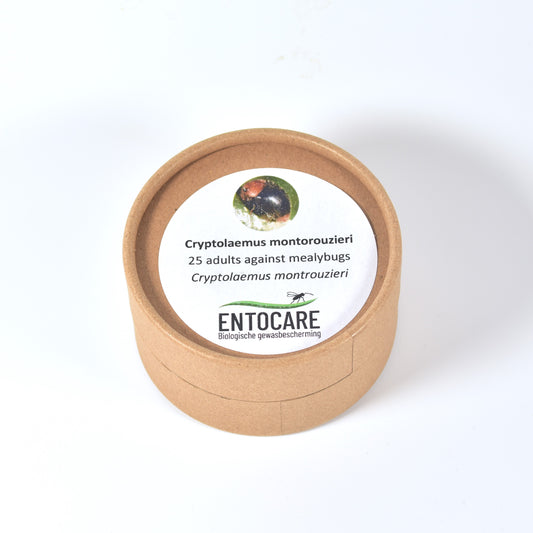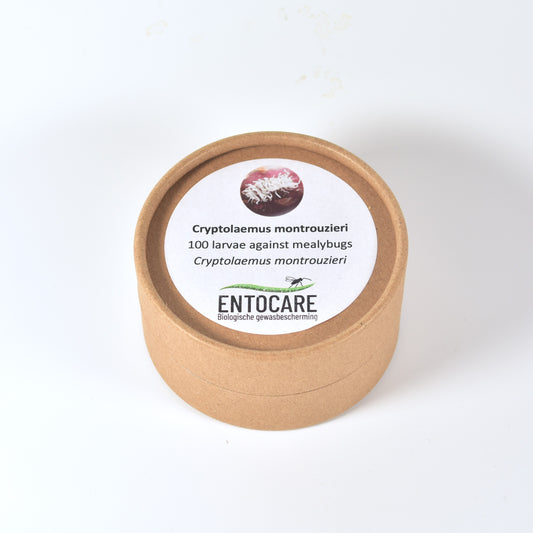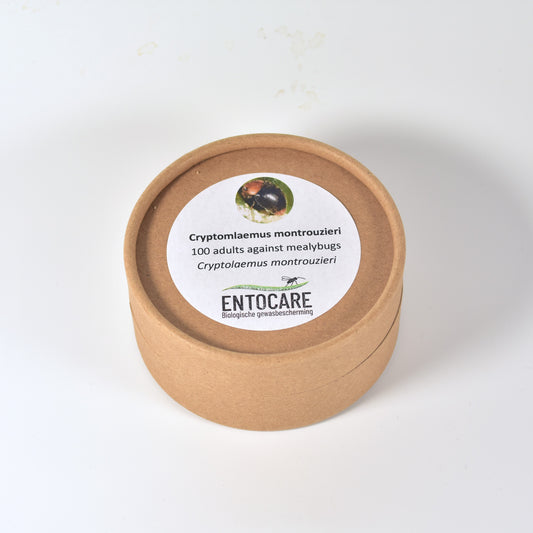
How do you recognize long-tailed mealybug?
The most obvious featuresare the two long tail hairs at the end of the body. These long tail hairs are at least as long as the body, but often even longer.In addition, the smaller waxy threads around the body are longer than most other mealybug species. They have a somewhat fluffy appearance. The body has a lightgreycolour and a length stripe across the back.Longtailed mealybugs are viviparous, which means live birthing. The eggs hatch inside the mother resulting in no visible egg masses. The femalesare 3-4 mm long and have more elongated bodies than other mealybugs females. The longtailed mealybug is often hidden in a fluffy white mass.
Long-tailed mealybug damage and distribution
Longtailed mealybugs prefer warm and humid environments and often hide in axillary buds, flower buds and under fruit bracts. They pierce the plants tissue and start sap sucking, damaging the plants. Feeding damage leads todeformed or stumped plant tissue growth, which can, especially in ornamentals, result in heavy damage.Longtailed mealybugs produce honeydew which promotes fungus growth which in turn reduces photosynthesis. In addition, tropical fruits can be damaged, resulting in brown bruises which can be used for infection by secondary pests and diseases, making them unfit for sale.
Products against long-tailed mealybug
-
CRYPTOLAEMUS MONTROUZIERI larvae - 25
Vendor:Entocare eigen kweekRegular price €13,00 EURRegular priceUnit price / per -
CRYPTANUSIA AUREISCUTELLUM - 25
-
ANAGYRUS FUSCIVENTRIS - 25
-
CRYPTOLAEMUS MONTROUZIERI adults - 25
Vendor:Entocare eigen kweekRegular price €14,00 EURRegular priceUnit price / per -
CRYPTOLAEMUS MONTROUZIERI larvae - 100
-
CRYPTOLAEMUS MONTROUZIERI adults - 100
-
Life cycle long-tailed mealybug
60-80 eggs per female
no external egg mass
egg to adult in two months
Lifespan female: 1-2 months, male: several days
several generations per year -
Host plants long-tailed mealybug
many ornamental plants
orchids
palms, Dracaena, ferns
tropical fruits
grapes
-

Long-talied mealybug female (top) and male (bottom)
-

Long-tailed mealybug male

